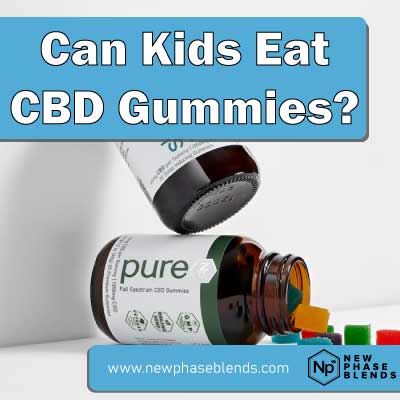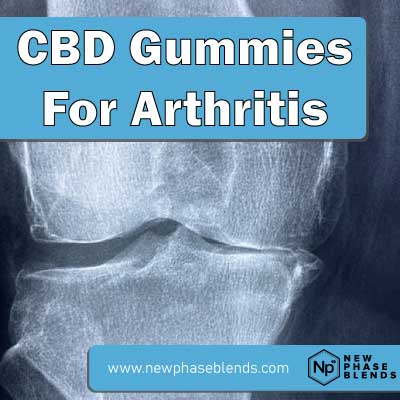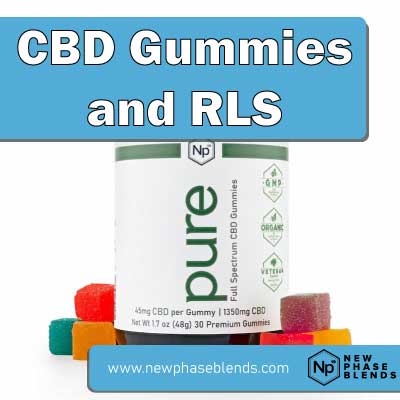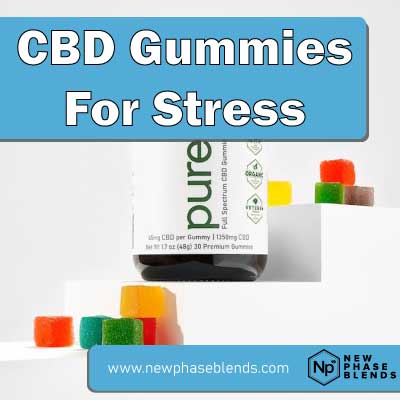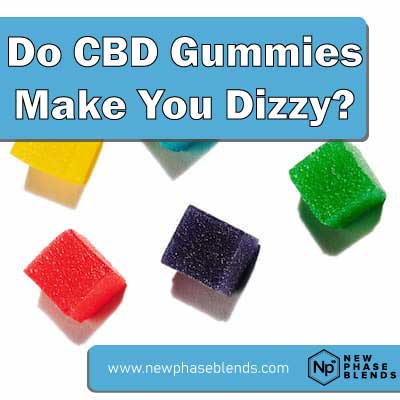As CBD products become increasingly mainstream, parents face a crucial question: can kids eat CBD gummies? Whether you’ve discovered your child has accidentally consumed CBD gummies or you’re wondering if CBD might help with your child’s health concerns, understanding the facts is essential. This article explores the safety considerations, potential risks, and guidance on CBD use in children. You’ll learn what current research tells us about CBD’s effects on developing bodies, what to do if accidental consumption occurs, and the regulatory landscape surrounding these products.
Understanding CBD Gummies and Children’s Health
When approaching the topic of CBD and children, it’s important to establish a foundational understanding before exploring specific concerns. The relationship between cannabidiol and developing bodies is complex, involving various physiological systems that continue to mature throughout childhood and adolescence. Parents seeking information about CBD’s potential effects on their children need to consider both the current scientific evidence and the significant knowledge gaps that exist in this area.
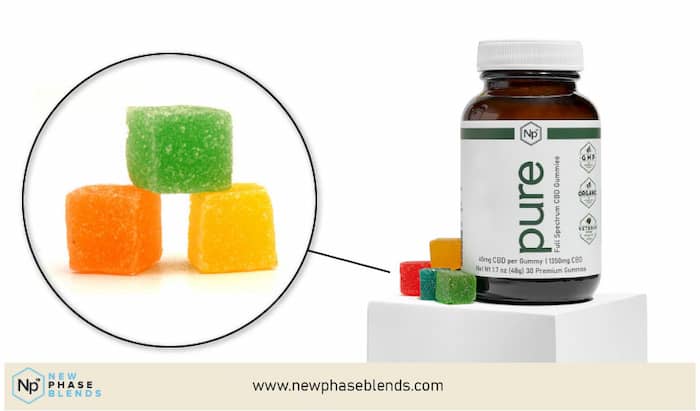
While CBD has gained popularity among adults for various wellness applications, its interaction with children’s bodies presents unique considerations that every parent should understand before making decisions about potential exposure or use.
Current research on CBD shows promising safety profiles in some controlled settings, medical experts emphasize that comprehensive studies on children specifically remain inadequate. The developing bodies and brains of young people may respond differently to cannabinoids than adults.
Without sufficient clinical trials establishing appropriate dosages, long-term effects, or potential interactions with medications commonly prescribed to children, pediatricians generally advise against giving CBD products, including gummies, to children outside of physician-supervised treatment.
What Is CBD and How Does It Differ from THC?
CBD (cannabidiol) is a compound derived from cannabis plants that, unlike THC (tetrahydrocannabinol), doesn’t produce psychoactive effects or a “high.” Full spectrum CBD products contain trace amounts of THC (legally less than 0.3%), while CBD isolate products contain only cannabidiol.
The human body naturally contains an endocannabinoid system that regulates numerous bodily functions, including mood, pain sensation, and immune response. This system is present in children as well but is still developing throughout childhood and adolescence.
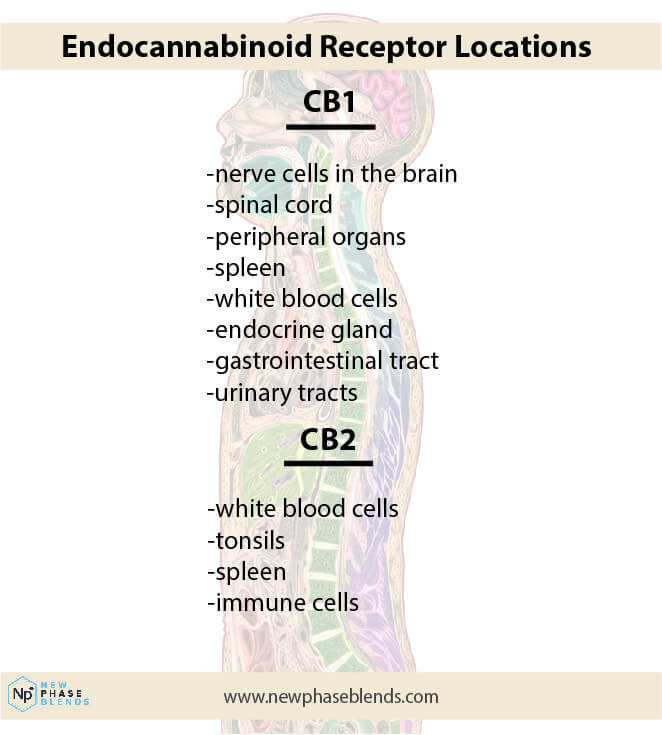
Can Children Take CBD Gummies?
Children can take CBD gummies, but please make sure you develop a CBD regimen with your pediatrician before doing anything. The main thing you need to ensure is that your kids do not consume anything with THC in it. Since over-the-counter CBD products are unregulated, you need to exercise extra caution and only buy gummies from a verified and well-review CBD company.
Current Medical Understanding of CBD’s Impact on Children
Research specifically examining CBD’s effects on developing brains and bodies remains limited. While some studies have explored CBD’s potential benefits for specific pediatric conditions like certain forms of epilepsy, comprehensive data on general safety for children simply doesn’t exist.
Dr. Jennifer Miller, pediatric endocrinologist at the University of Florida, notes: “The developing brain is particularly sensitive to substances, and we don’t fully understand how CBD might affect neural development in children. Without substantial clinical evidence, we must approach this topic with significant caution.”
Safety Concerns: Are CBD Gummies Safe for Kids?
Potential Risks and Side Effects of CBD For Children
Even in adults, CBD can cause side effects including:
- Drowsiness and fatigue
- Changes in appetite
- Digestive issues including diarrhea
- Potential interactions with other medications
In children, these effects may be more pronounced due to lower body weight and developing systems. Additionally, the long-term effects of CBD exposure during development remain unknown, raising concerns among pediatric health experts.
Regulatory Standards and Quality Control Issues
The FDA has not approved most CBD products for any age group except for the prescription drug Epidiolex for specific forms of epilepsy. This lack of regulation means:
- Product quality varies dramatically between manufacturers
- Labeling may be inaccurate regarding CBD concentration
- Contaminants including pesticides, heavy metals, or harmful chemicals may be present
- THC content may exceed legal limits
These inconsistencies pose particular risks for children, whose smaller bodies are more vulnerable to impurities and dosing errors.
What Happens If a Child Eats CBD Gummies?
If your child eats CBD gummies that are not part of their planned healthcare routine, you need to first make sure the CBD gummies have no THC in them. Pure CBD gummies with no THC in them will probably not great an issue, however, some CBD products contain THC.
If you discover your child has consumed CBD gummies that also have THC in them, remain calm and take these steps:
- Determine how much was consumed and the CBD concentration if possible
- Contact 911 for guidance specific to your situation
- Monitor your child for symptoms including excessive sleepiness, coordination problems, or breathing changes
- Seek further medical attention if concerning symptoms develop or if the product contained significant THC
Parents considering CBD for their children should first consult with qualified healthcare providers who can evaluate the child’s specific health circumstances and discuss evidence-based treatment options.
Special Considerations for Parents
Toddlers and CBD Exposure
The answer here is pretty clear to us: CBD products including gummies are not formulated or intended for toddlers or young children. Their developing brains and smaller body size make them particularly vulnerable to any substances that affect the central nervous system.
Additionally, CBD gummies present a significant choking hazard for young children. Their candy-like appearance makes them especially attractive to curious toddlers, raising concerns about accidental ingestion.
Medical CBD Use in Children
Currently, the only FDA-approved CBD medication for children is Epidiolex, prescribed for rare forms of epilepsy including Dravet syndrome and Lennox-Gastaut syndrome. This prescription medication undergoes rigorous quality control and provides precise dosing under medical supervision.
Conclusion
The question “can kids eat CBD gummies?” has a straightforward answer for recreational or wellness use: medical experts and regulatory agencies do not recommend CBD for children outside of specific prescribed medical contexts. The potential risks, combined with limited research and regulatory oversight, outweigh any purported benefits for general use.
For parents considering CBD for specific medical conditions, consultation with pediatric specialists is essential. These conversations should include thorough discussions of established treatments, potential risks, and the limited evidence surrounding CBD use in children.
If you’re purchasing full spectrum CBD gummies for yourself, implementing strict safety precautions to prevent accidental ingestion by children is crucial. As research evolves, our understanding of CBD’s safety profile in pediatric populations may change, but current guidance emphasizes a cautious approach prioritizing children’s developmental health and safety.Retry



